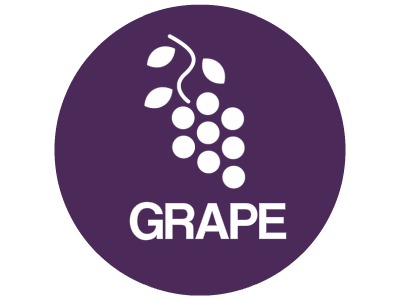 Recently East Hills restaurant Gaia Cafe announced it would be closing which was so upsetting to its staff and regular customers that they have gone about exploring options for purchasing the business from its current owner, Rick Van Dam. They initially considered doing a Kickstarter campaign, but given time constraints, they’ve been working with the concept of turning it into a worker owned business instead. In the land of capitalism, worker owned businesses are not so common and frequently misunderstood. So what are worker owned businesses, and how do they operate?
Recently East Hills restaurant Gaia Cafe announced it would be closing which was so upsetting to its staff and regular customers that they have gone about exploring options for purchasing the business from its current owner, Rick Van Dam. They initially considered doing a Kickstarter campaign, but given time constraints, they’ve been working with the concept of turning it into a worker owned business instead. In the land of capitalism, worker owned businesses are not so common and frequently misunderstood. So what are worker owned businesses, and how do they operate?
Well, to begin with, worker owned businesses are more common than many people realize. Law firms and accounting practices are often employee owned: when a lawyer makes partner, he is, in fact, becoming a part of the business itself and will be compensated according to his share in it. How well he is compensated depends on a number of factors, just as it does for a coop worker.
While worker owned businesses all involve worker input in some way, there are a number of ways to structure power within an organization. Some worker owned businesses are entirely democratic: one owner, one vote. Others are structured so that all workers vote on top management – the president or CEO of the company, who is then responsible to all, but may be compensated more for his time, talent, or efforts. Professional service partnership businesses like law or accounting firms tend to have a slower, less assured route to ownership than traditional coops which may for philosophical reasons wish to involve greater numbers of people in work and decision making more quickly.
 Locally, the Bartertown Diner is collectively owned and operated and runs on a more egalitarian model than the typical law firm. A group of Grand Rapids vegans and vegetarians got together in January of 2011, ran a successful Kickstarter campaign and opened later that year. The business started with eight core members all of whom had an equal say in how the business would be operated and what its primary goals would be. Since Bartertown was ideologically motivated, many of those were not necessarily profit motivated, but making money is necessary in order to remain open and accomplish those goals, so financial responsibility is key.
Locally, the Bartertown Diner is collectively owned and operated and runs on a more egalitarian model than the typical law firm. A group of Grand Rapids vegans and vegetarians got together in January of 2011, ran a successful Kickstarter campaign and opened later that year. The business started with eight core members all of whom had an equal say in how the business would be operated and what its primary goals would be. Since Bartertown was ideologically motivated, many of those were not necessarily profit motivated, but making money is necessary in order to remain open and accomplish those goals, so financial responsibility is key.
Some businesses lend themselves to this sort of model better than others. It’s much easier to imagine a group of vegans with community ties and a common worldview starting up a restaurant than it is roommates or even friends opening a jewelry store together, although many family owned businesses may have a similar management structure among siblings, aunts, uncles, parents and children. Immigrants from countries with a stronger collective mentality often run their businesses informally on the worker owned business model, without realizing it. They pool their energies and resources and use the profit the business makes to help the family here or in their native countries.
Ultimately the way a worker owned business is structured and run is determined by the values of the workers themselves, so there will be significant variation, but all worker owned businesses depend on cooperation and a certain focus on what is best for the group, rather than what is best for any one individual, even the company’s CEO.
